Vice President Kamala Harris is expected to travel to Florida on Friday to deliver critical remarks in response to the state Board of Education's approval of new standards for how Black history will be taught in schools.
VP Harris will visit Florida to speak out against state's new Black History standards
MSNBC





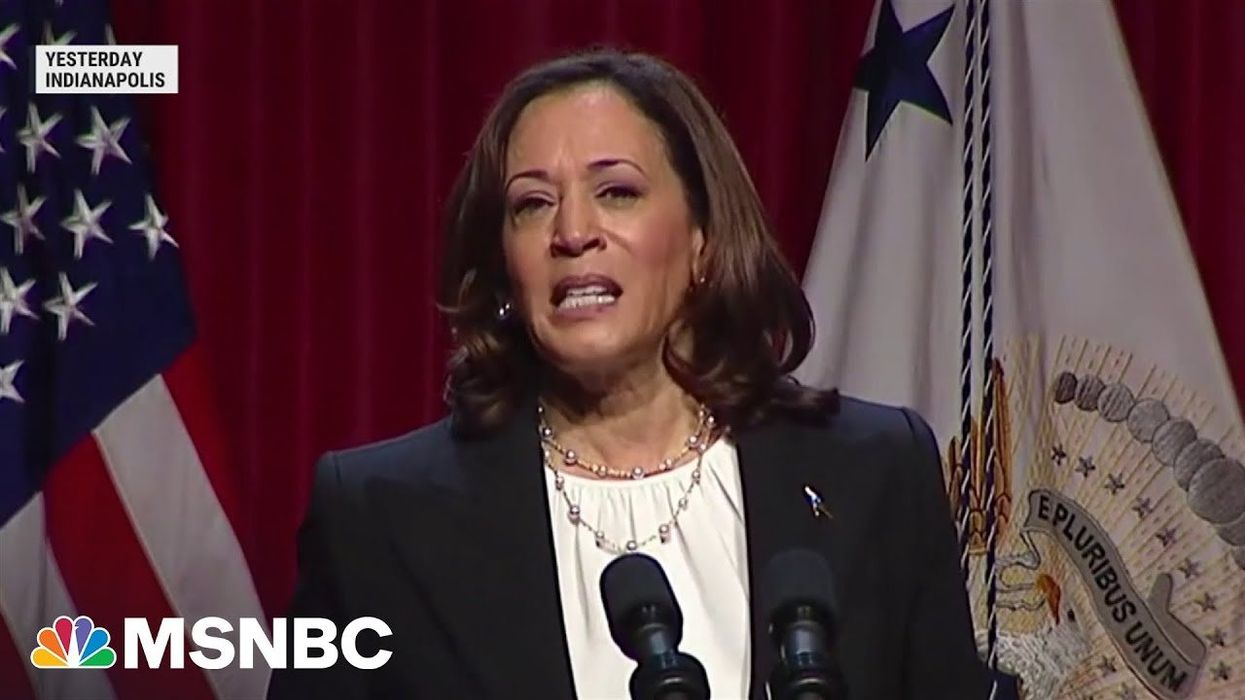




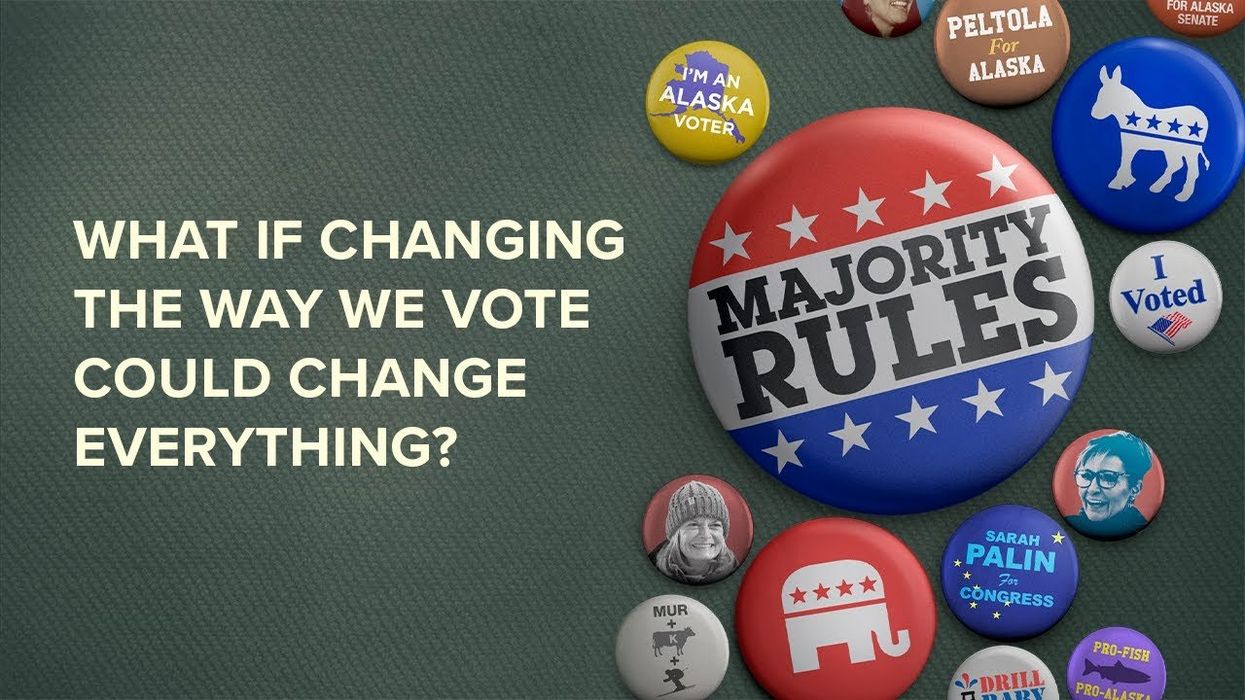






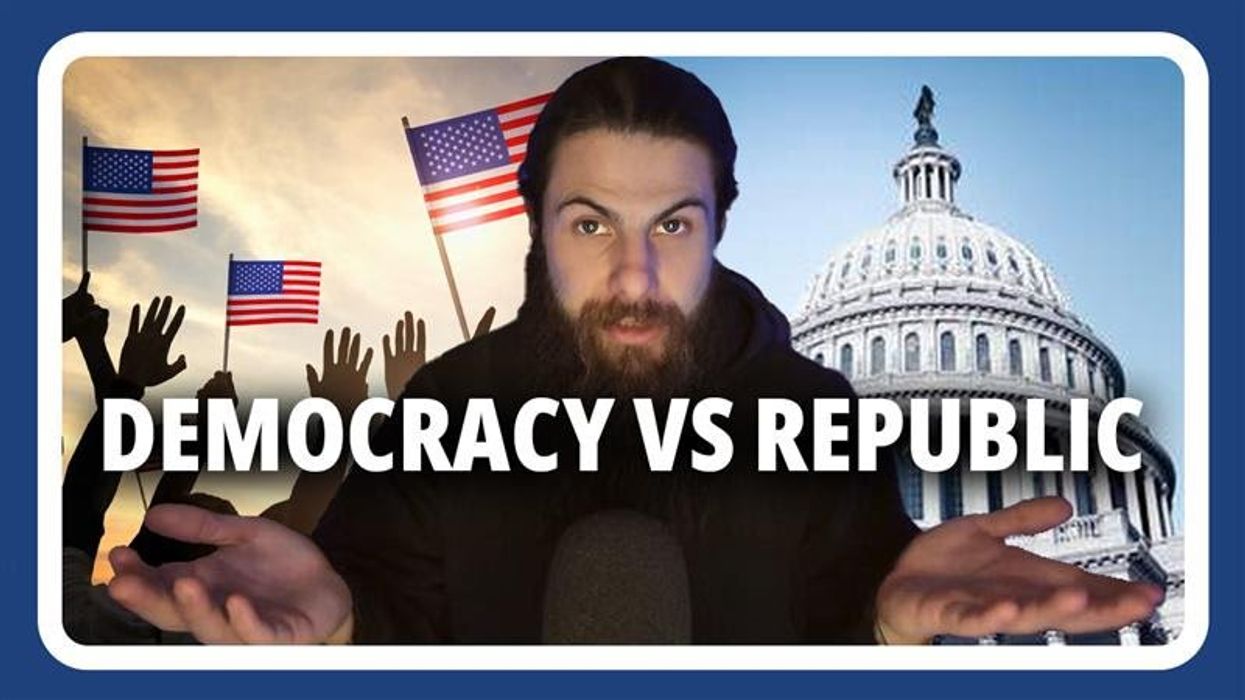
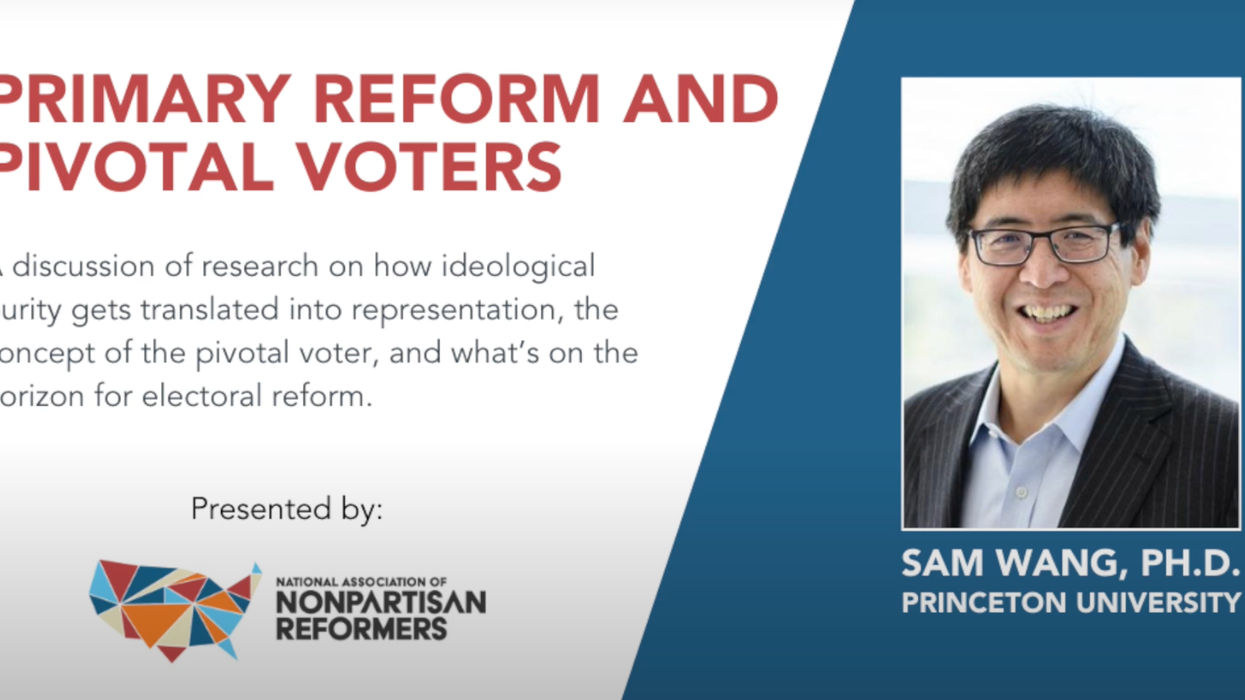
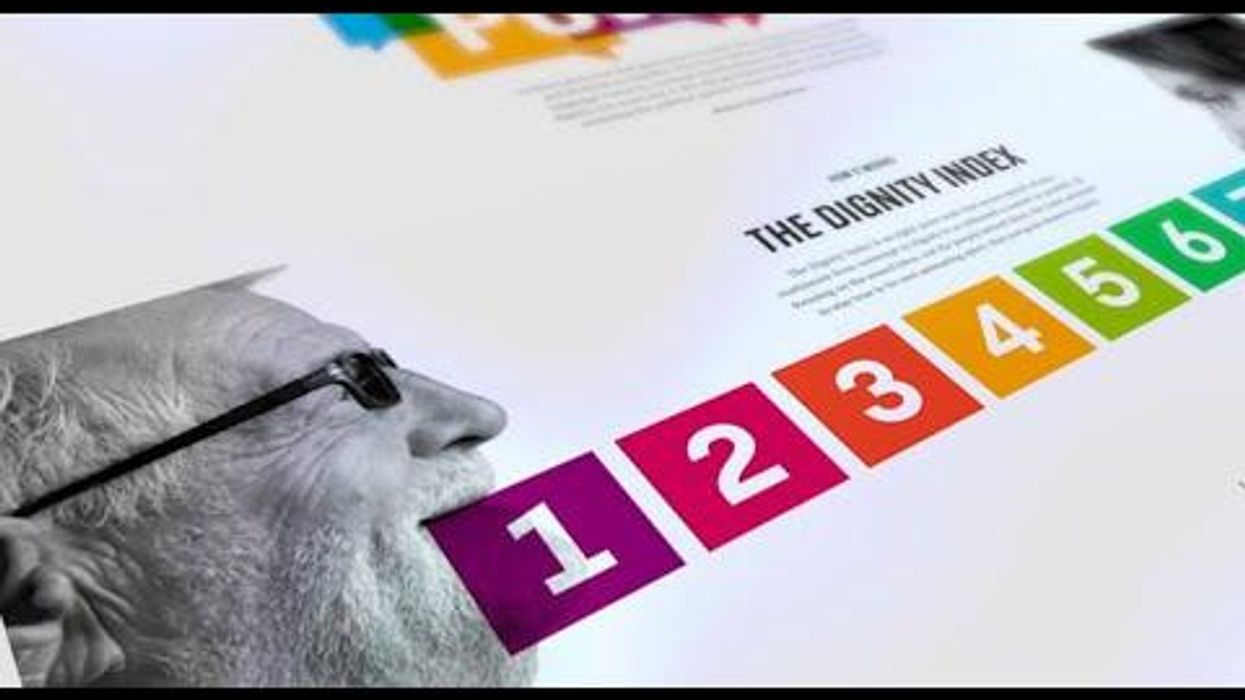
Trump & Hegseth gave Mark Kelly a huge 2028 gift